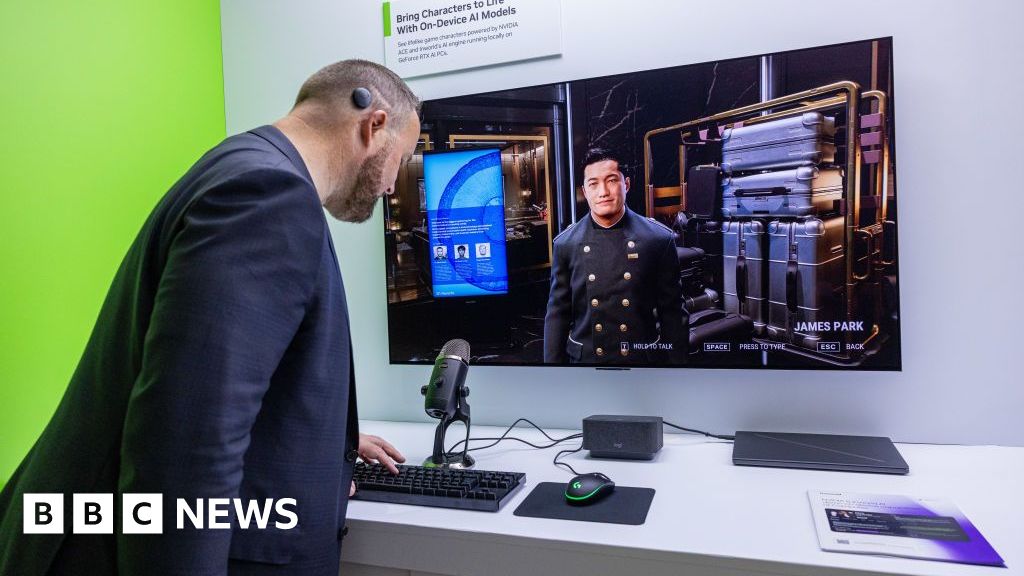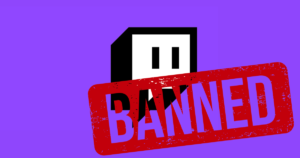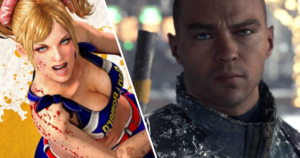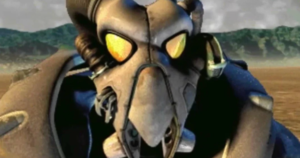
AI in gaming: Job losses or creative boost?
AI in Gaming: Job Losses or Creative Boost?
The video game industry, after a pandemic boom, faces uncertainty. Thousands have lost jobs, and further cuts are feared. While some see generative AI as a solution, saving development time and boosting creativity, many game developers are wary.
Job Security Concerns
Jess Hyland, a video game artist and union member, expresses concern that AI is being used to cut costs rather than enhance creativity. She notes that artists may end up fixing AI-generated assets instead of creating original work. While AI tools are not yet capable of replacing humans entirely, the fear is that jobs will fundamentally change for the worse.
Copyright and Cloning Concerns
Chris Knowles, a former senior engine developer, highlights concerns about AI facilitating game cloning. The ease of copying assets makes it harder for indie studios to compete. He also points to the massive energy consumption of generative AI and ongoing copyright issues.
A Mixed Outlook
Not everyone is negative. Composer Borislav Slavov sees AI as a tool to accelerate exploration and push creative boundaries in music composition. However, he agrees that AI cannot replace human creativity.
The Human Element
Many believe that AI’s limitations, and the human element in gaming, will remain crucial. Gamers themselves are also pushing back against AI-generated content, appreciating the human touch in their gaming experiences. Ultimately, the future of AI in gaming remains uncertain, dependent on technological advancements, ethical considerations, and the evolving preferences of gamers and developers.





